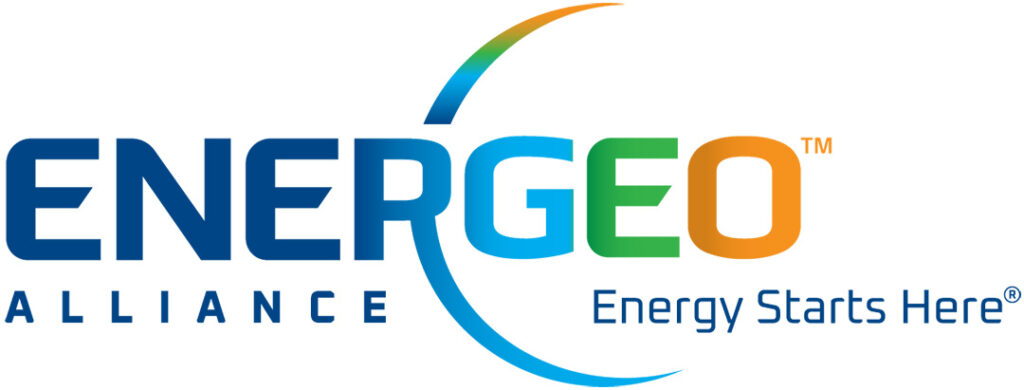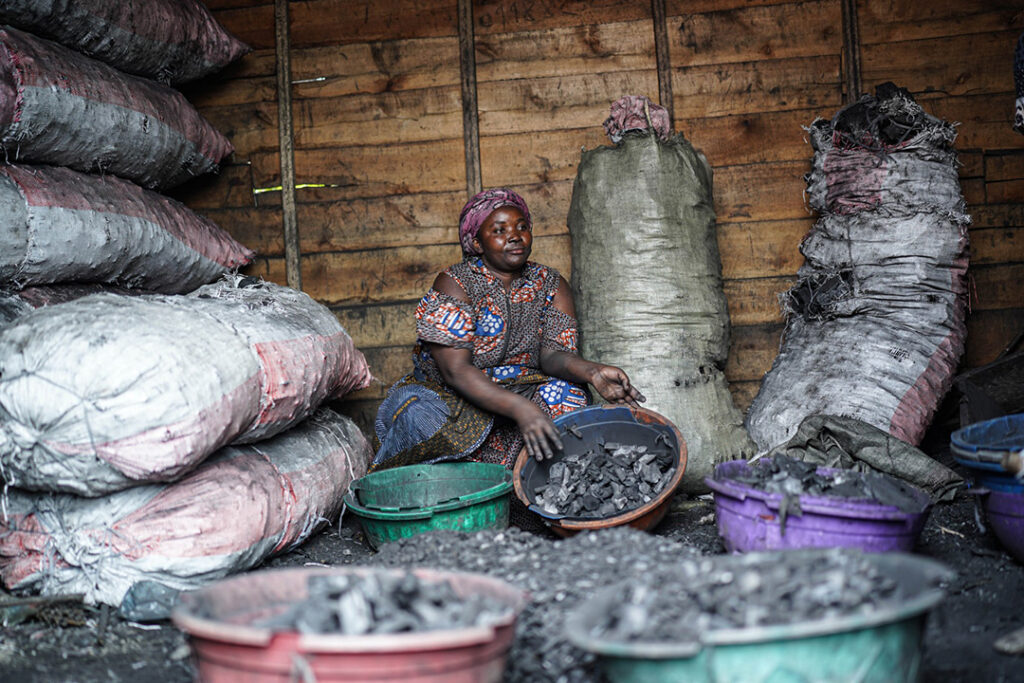Partner content
Many people may be unfamiliar with the energy geoscience industry; we are truly unique and fundamental to the energy that African people use every day. Energy geoscience is the intersection of energy and earth science and the source of our organisation’s name and aptly describes our industry.
EnerGeo Alliance members are the geoscience companies, innovators, and energy developers that use earth science to sustainably discover, develop, and deliver energy and low-carbon solutions to our world. We are a non-partisan, non-profit organisation that advocates for geoscience-driven energy policies that connect more people and communities to accessible energy around the world.
The energy transition is the source of much debate in Africa. At EnerGeo Alliance we do not use the term energy “transition” because the world is not transitioning from one source to another. Depending on where you live, the energy evolution scale looks very different.
You may be evolving from sources such as dung, wood, or coal, or adding alternative sources such as offshore wind or geothermal to your already stable baseload energy. In most of these cases, we are not eliminating a source, we are expanding to meet growing demand. That is why we call it the energy “evolution”.
At this critical time in history, with energy at the forefront of political and societal discussions in Africa and around the world, our story as an industry is a remarkable one. Our industry not only sits at the intersection of where energy and geoscience meet, but we are also a long-standing partner in reducing the environmental and carbon footprint of energy exploration while accelerating discoveries and energy development.
We also make critical contributions to the world, revitalising the communities in which we live and work. Our members are working to meet today’s challenges and tomorrow’s energy demand in energy evolution. Our industry’s work can provide ample energy resources to ensure a just, equitable, and inclusive energy evolution for citizens around the world – and enable countries to realise their net zero policy aspirations.
Energy poverty is a global and African issue with citizens increasingly at greater risk. Right now, more than 10% of the world does not have access to electricity, including 600 million Africans. That number grew by 20 million last year, which is the first global increase in more than 20 years. Thirty percent of the world does not have access to clean fuels for cooking.
Instead, they cook with kerosene, coal, or biomass, which is directly linked to three million premature deaths per year, according to the World Health Organization (WHO). The world’s population has already exceeded eight billion people, and by 2050 it is expected to increase to nearly 10 billion. Associated with population growth, energy use is set to increase by at least 50%. Petroleum and natural gas are expected to constitute a little less than 50% of the energy mix, with other energy sources providing a little more than half.
These are astounding numbers. With a looming global energy supply crisis, a growing population, and inflation on the rise, people need accessible, reliable, and affordable energy, including petroleum and natural gas, as well as alternative energies. That is where EnerGeo members come in. Energy geoscience connects people to where energy abundance can truly transform countries and their citizens.
One of the issues for energy development in Africa is the potential impact of offshore geoscience surveys. Seismic surveys use low-frequency sound pulses from compressed air that are released into the water. The sound source, typically an array of different sized air-chambers, is towed behind a survey vessel and releases a pulse of air into the water, generating sound.
The returning sound waves are detected and recorded by hydrophones spaced out along a series of cables and the series of returning sound waves are turned into images, which help us safely determine the location of potential energy supplies.
There is a great deal of misconception about energy geoscience operations. Virtually all sources of energy require eyes on something, whether it is taking something out of the ground, putting something into the ground, or running something through the ground.
When it comes to whether energy can be accessed in a region, we are the first and most pivotal part in providing that insight. Extensively used around the world for more than five decades for petroleum and natural gas exploration, these same survey techniques are also used for offshore wind, hydrogen, geothermal energy, and lower-carbon solutions such as carbon capture and storage (CCS).
The energy geoscience industry demonstrates care for the environments in which we work and is committed to sustainably conducting its operations, working to reduce the industry’s footprint, minimise potential risks, and continually improve environmental performance.
The industry strongly supports science-based mitigation to ensure the continued conservation of the marine environment and it values all marine life as an important part of that system. Before operations begin, marine mammal observers (MMOs), also called protected species observers (PSOs), check for marine mammals and other species within a specified precautionary exclusion zone.
Other mitigation measures used to complement visual monitoring may include passive acoustic monitoring, power-downs, and shut-downs when marine animals enter the exclusion zones. Additionally, with a record of extraordinary compliance and assurance with human rights standards, the industry is an important part of solutions aimed at responding to a changing climate.
Energy geoscience technology and innovation have transformed energy, providing the data needed to see and access resources that cannot be sustainably located by any other means. They turn what once were energy impossibilities into energy reality for mainstay sources (petroleum and natural gas) to alternatives (onshore and offshore wind, geothermal, hydrogen), and low-carbon solutions (CCUS/CCS).
We believe all African policymakers and energy companies providing mainstay, alternative and lower-carbon solutions should have access to reliable data and analysis to support their forward-moving efforts. We are not just an essential partner in the energy evolution, it all starts here.
As African nations determine their unique energy future, those goals cannot and will not be achieved without the critical data our members provide, no matter the energy source of choice. There is no energy evolution without geoscience. The expertise of the EnerGeo Alliance membership is required to meet it.
Together, Energy Starts Here®. It always has, and it always will.


Nikki Martin is President of the EnerGeo Alliance, and is responsible for the Alliance’s global organisation and execution of its mission and priorities to optimise the business and regulatory climate, and to enhance public understanding of the need for a strong, viable energy geoscience industry. Nikki is an attorney and government affairs professional, with years of experience engaging government regulators globally. She joined the EnerGeo Alliance in 2013 as the Vice President for Government and Legal Affairs, and was responsible for monitoring and coordinating EnerGeo Alliance’s review and response to government regulations, directives and initiatives.



